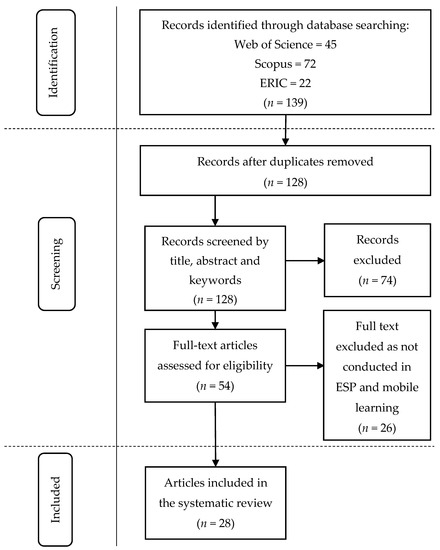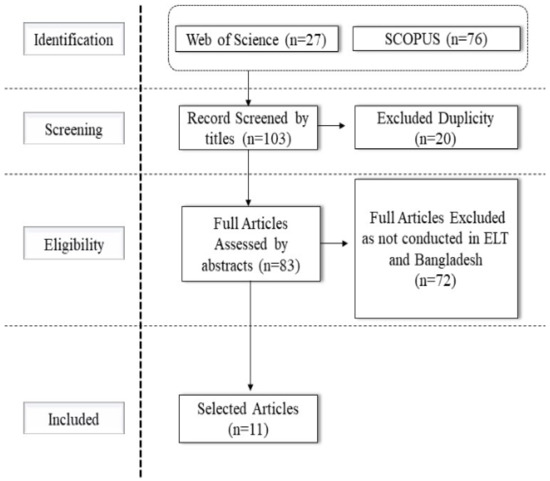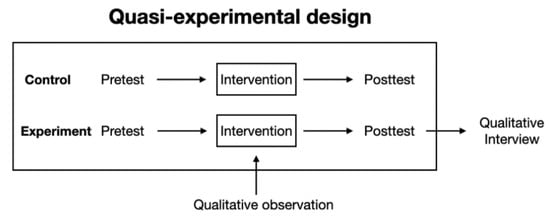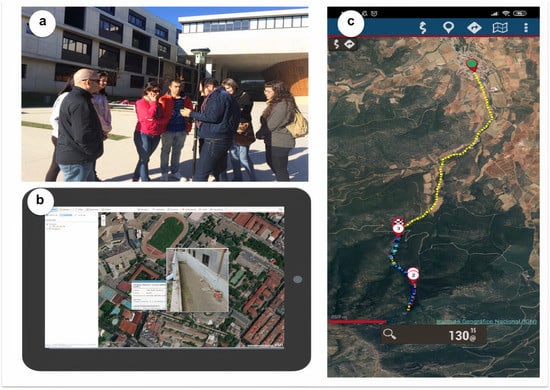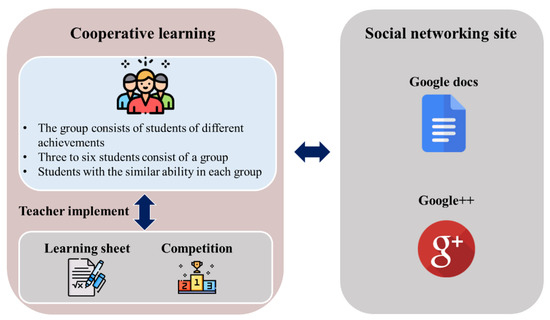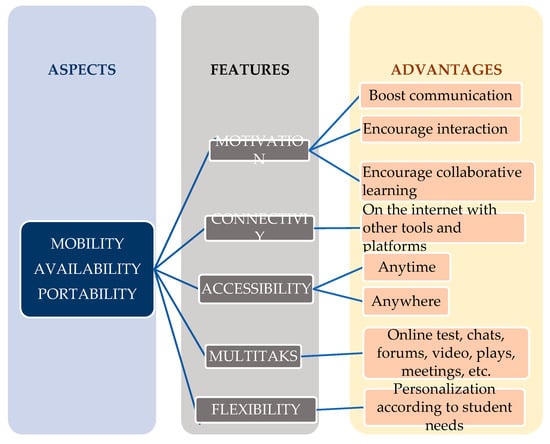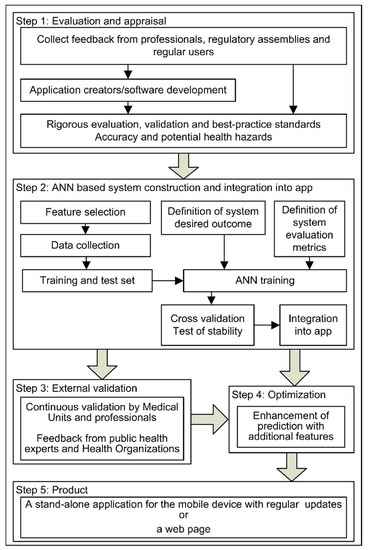Sustainability in the Era of Mobile Learning (Closed)
A topical collection in Sustainability (ISSN 2071-1050). This collection belongs to the section "Sustainable Education and Approaches".
Viewed by 62765Editor
Interests: technology-enhanced learning; game-based learning; educational robotics; computational thinking; coding; STEM; machine learning; artificial intelligence
Special Issues, Collections and Topics in MDPI journals
Topical Collection Information
Dear Colleagues,
Central in environmental education (EE) is education for sustainable development (ESD) as it helps students to build knowledge, skills, attitudes and values which are necessary to ensure a sustainable future for humanity, locally and globally. In recent years, due to the technological innovation various technological tools and services have found application in education. Especially, the education community has recognised that mobile devices and their applications can be used in in environmental education (EE) and education for sustainable development (ESD). Thus, there has been a sharp increase in the access and use of interactive smart screen technologies by students and educators around the globe blurring of the boundaries between formal, non-formal and informal learning. Recent research results highlight the role of mobile devices as additional tools and facilitators in a pedagogical and methodological well-designed learning environment to reach EE and ESD goals, as well as to achieve more self-determined, learner-centered and collaborative learning.
This Topical Collection will comprise a selection of papers presenting original and innovative contributions to the advancement of research in areas related to environmental education, sustainability, pedagogical and methodological well-designed learning environment to reach EE and ESD goals, mobile learning applications (apps), and development of approaches and technologies that will enable step-changes in emerging and future modes of sustainability. Papers selected for this Topical Collection will be subject to a rigorous peer-review process with the aim of rapid and wide dissemination of research results, developments, and applications.
Dr. Stamatios Papadakis
Collection Editor
Manuscript Submission Information
Manuscripts should be submitted online at www.mdpi.com by registering and logging in to this website. Once you are registered, click here to go to the submission form. Manuscripts can be submitted until the deadline. All submissions that pass pre-check are peer-reviewed. Accepted papers will be published continuously in the journal (as soon as accepted) and will be listed together on the collection website. Research articles, review articles as well as short communications are invited. For planned papers, a title and short abstract (about 100 words) can be sent to the Editorial Office for announcement on this website.
Submitted manuscripts should not have been published previously, nor be under consideration for publication elsewhere (except conference proceedings papers). All manuscripts are thoroughly refereed through a single-blind peer-review process. A guide for authors and other relevant information for submission of manuscripts is available on the Instructions for Authors page. Sustainability is an international peer-reviewed open access semimonthly journal published by MDPI.
Please visit the Instructions for Authors page before submitting a manuscript. The Article Processing Charge (APC) for publication in this open access journal is 2400 CHF (Swiss Francs). Submitted papers should be well formatted and use good English. Authors may use MDPI's English editing service prior to publication or during author revisions.
Keywords
- environmental education (EE)
- sustainable development (ESD)
- mobile learning
- mobile applications (apps)
- new methodological approaches
- new technological tools and services
- pedagogical orientation
- formal and informal settings
- educational scenarios
- gamification
- augment reality
- virtual reality
- online learning environments
- STEM or STEAM opportunities
- educational robotics





